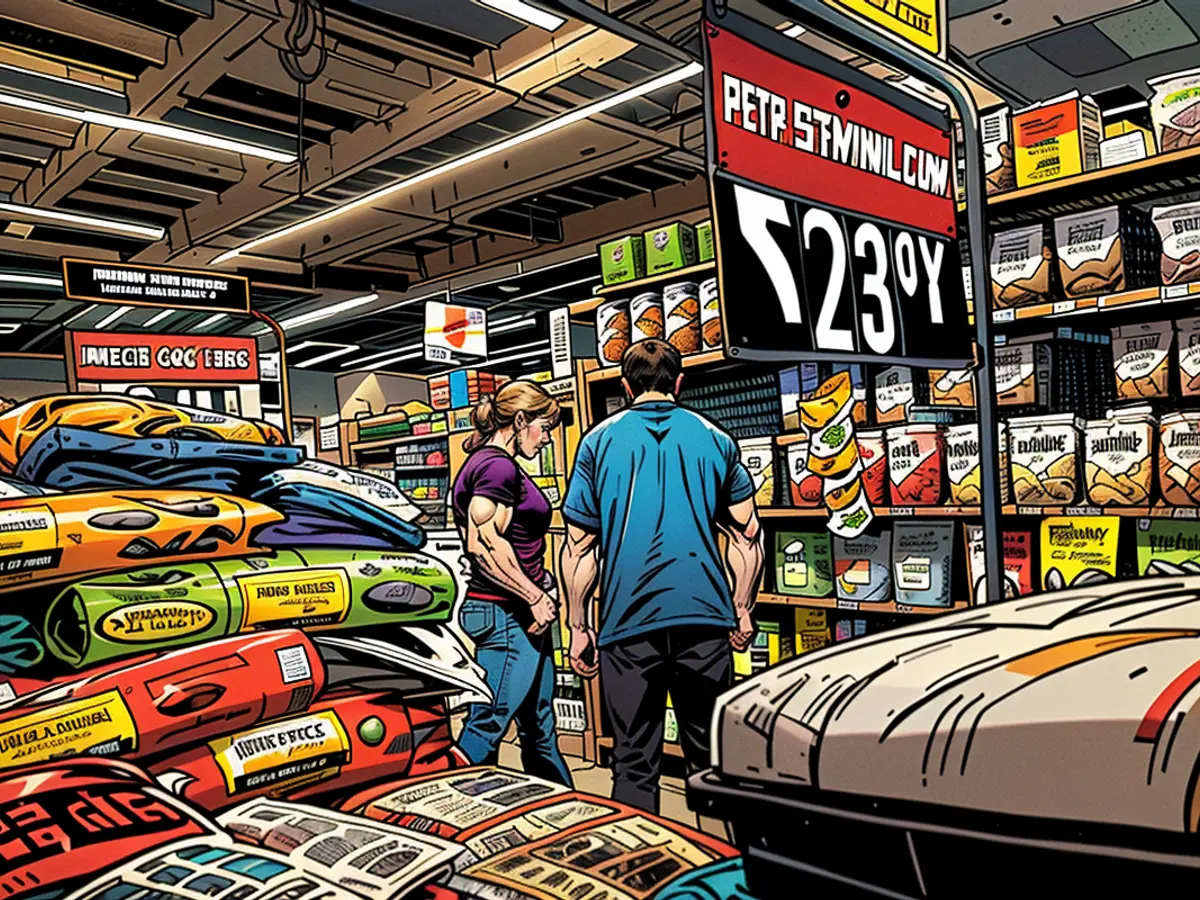You’re not going crazy — you may actually be paying higher prices than other people
This became apparent to me a few weeks ago when a friend texted me that Starbucks was running a buy one, get one free drink promotion. But when I logged in to the app, the offer was nowhere to be found.
Why was my friend getting special treatment?
It’s likely that Starbucks used artificial intelligence to determine that my friend, if offered a promotion, would make a purchase they wouldn’t otherwise have, whereas I would make a purchase regardless, said Shikha Jain, a lead partner in the North American consumer and retail division at the consultancy firm Simon-Kucher.
The system nailed it for me — just opening the app to check if I had the promo got me to order, and I paid full price.
It’s impossible to say exactly how Starbucks’ systems made that correct judgment about me — though my past shopping behavior and the shopping behavior of similar customers were almost certainly factors, she said.
The Seatle-based coffee chain declined to share what feeds into its AI model, dubbed Deep Brew. A spokesperson did, however, confirm that AI is powering the individualized offers it sends customers.
This personalized pricing strategy is not unique to Starbucks. Companies are increasingly leveraging customer data, often derived from loyalty programs, in coordination with machine-learning models to uniquely price goods and services based on an individual’s willingness to pay.
The end goal: “Get you to buy more items, buy the same items again or to spend more on the same items,” said Jain.
Traditional marketing tactics on steroids
Companies are still employing tried and true marketing 101 tactics, like segmenting customers who exhibit similar purchasing behavior and preferences and taking into account, for instance, a shopper’s location and the time of year.
Companies have used this kind of information to effectively offer different prices to different groups of consumers. But in the past, they had to cast a pretty wide net to do so, said Jim Presley, senior vice president of US consumer analytics at NielsenIQ, a consumer insights company. That might have involved mailing coupons to homes located in a specific neighborhood or tailoring deals to people who click certain kinds of ads or read certain online publications.
Companies have for years tried to target customers by distilling statistics into actual preferences.
What’s changed now with the advancements in AI is the level of sophistication and accuracy with which these types of predictions can be made, said Presley.
Using AI, companies can now answer questions like, “What is this person going to buy next? What do we think they’re going to be willing to pay? Where are they going to buy from? When are they going to buy it?” said Jain.
Matt Pavich, senior director of strategy and innovation at Revionics, an AI company that specializes in helping retailers set prices, said its goal is not to tell retailers exactly how much to charge individual customers. Rather, its bread and butter is providing companies with “all of the analytics and predictive scenarios” to figure out prices themselves.

Instead of waiting for customers to respond in real time to price changes, Revionics’ clients get a toolbox to test out prices in advance. Then, by predicting how much consumers will buy at different price points, Revionics helps retailers manage their inventories.
The personalization even extends beyond prices to targeting customers. So, for instance, a notification you receive informing you of a sale may be worded completely differently from a notification another customer receives of the same sale.
Mary Winn Pilkington, senior vice president of investor relations and public relations at Tractor Supply Co., told CNN it recently partnered with Revionics because it wanted to more successfully adjust prices to “the ever-changing market” to “attract and retain customers.”
The aim of partnering with Revionics wasn’t to see how high they can raise their prices without turning away too many customers, she said. Instead, it’s “to curate specific offers individualized for customers.” This, she said, “often leads to lower prices and better value on the products and services our customers need.”
Of course, like in the case of my Starbucks experience, it could also very well lead to identifying customers who don’t require promotions at all.
The use of AI in business strategies is evident, as companies like Starbucks employ it to offer personalized deals based on each customer's shopping behavior and willingness to pay. This strategy aims to increase sales by making customers purchase more items, buy the same items again, or spend more on the same items.
The advancements in AI have significantly improved the sophistication and accuracy with which predictions about customer behavior can be made, enabling companies to answer questions such as what a customer will buy next, their price willingness, and their preferred shopping time.








